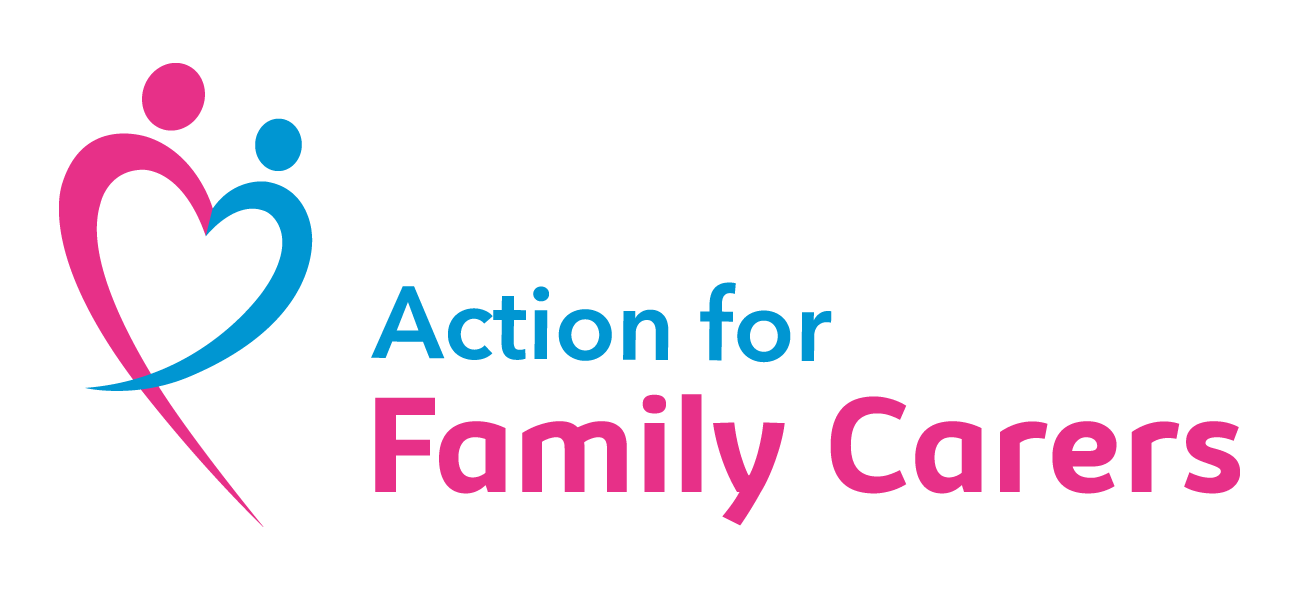A working Carer is someone in full or part-time employment, who also provides unpaid support, or who looks after a family member, partner or friend who needs help because of their age, physical or mental illness, or disability.
In Essex, around 124,000 people provide unpaid care or support to family members, friends and neighbours. This support could be given in their own homes or out in the community. 1 in 9 of the work force combines caring for a loved one with paid work.
It can be difficult to recognise yourself as a Carer when you simply think you are just being ‘a good friend/good neighbour’ or ‘just doing what needs to be done’ for a spouse or family member.
Caring for someone covers many aspects of everyday life. This could involve helping with personal care and dressing, helping at meal times or perhaps doing housework. It could also involve taking them to regular medical appointments or simply keeping them company when they feel anxious or lonely.
Legislation
A number of pieces of legislation currently give Carers statutory rights at work, whilst many employers go beyond this provision. However, there is often very limited awareness, amongst both employers and employees of the minimum legal rights which apply to Carers in employment.
1. Protection from discrimination
If you are looking after someone who is disabled or elderly the Equality Act 2010 will protect you against direct discrimination or harassment because of your caring responsibilities.
2. Flexible working hours
All employees have the right to request flexible working after they have worked for the same employer for six months, as long as they haven’t already made a flexible working request within the last 12 months.
For example, it might help if you could start later and work later if you need extra time in the morning to help the person you care for get up and settled for the day, or you may need to wait for day care transport.
3. The right to time off in emergencies
All employees have the right to take a “reasonable” amount of time off work to deal with an emergency involving a dependent. This time off is unpaid unless your employer is willing to give paid time off as a contractual right.
4. The right to parental leave
If you have worked for the same employer for twelve months and you are responsible for a child under 18, you are entitled to 18 weeks leave per child, which must be taken by the child’s 18th birthday. This time off is unpaid unless your employer is willing to give paid time off as a contractual right.
Other ways your employer can support you as a Carer
Access to a telephone: being able to use a phone, in private, at work to check that everything is ok, or being able to keep your mobile phone on at work so you can be contacted can go a long way to reduce stress levels and help you concentrate at work.
Car parking space at/near work: this could shorten your journey time to and from work and might also help if you need to go home at lunch time to attend to the person you care for.
Working from home: either regular or occasionally, can be a real help. You can be at home with the person you care for and still be able to work.
Unpaid and paid leave: this may be an option for you if you need to take extra time off because the person you look after becomes ill, so that you can continue to use your holiday leave to maintain your wellbeing.
Seeking Support in the Workplace
Employers value skilled, experienced members of staff and are keen to keep them. Your employer may be able to help in ways you have not considered. Talk to your manager about your situation, directly or through your HR/ personnel officer or union or staff association representative. You should expect these conversations to be confidential.
Before you decide to speak to your employer, you should find out more about your
employer’s policy for supporting Carers. If you decide to leave work, make sure you check all your options before you resign, for example can you take a career break, voluntary redundancy or early retirement.
Some things every Carer should know
Caring can affect your mental health. Depression is common in Carers for obvious reasons, but there are techniques you can use to stay feeling strong and positive.
Caring can impact on your physical health. Looking after yourself may be hard – but it is important to eat, sleep and be physically well.
If you are a working Carer, you have rights at work.
Caring can be isolating, but you’re not alone. There are many support groups, for you and the person you care for.
There are advice and support services who can help with some of the practical things you might need when looking after someone.
There are national Carers organisations that give advice: Carers Trust and Carers UK.
You have a legal right to a Carer’s Assessment. It sounds like a test, but it’s just a chat with an advisor to find the best support for you and the person you care for.
Nobody wants to think about the time when their caring responsibilities end, but there are things that have to be done. Being prepared could leave you with the space to grieve when the time comes.











